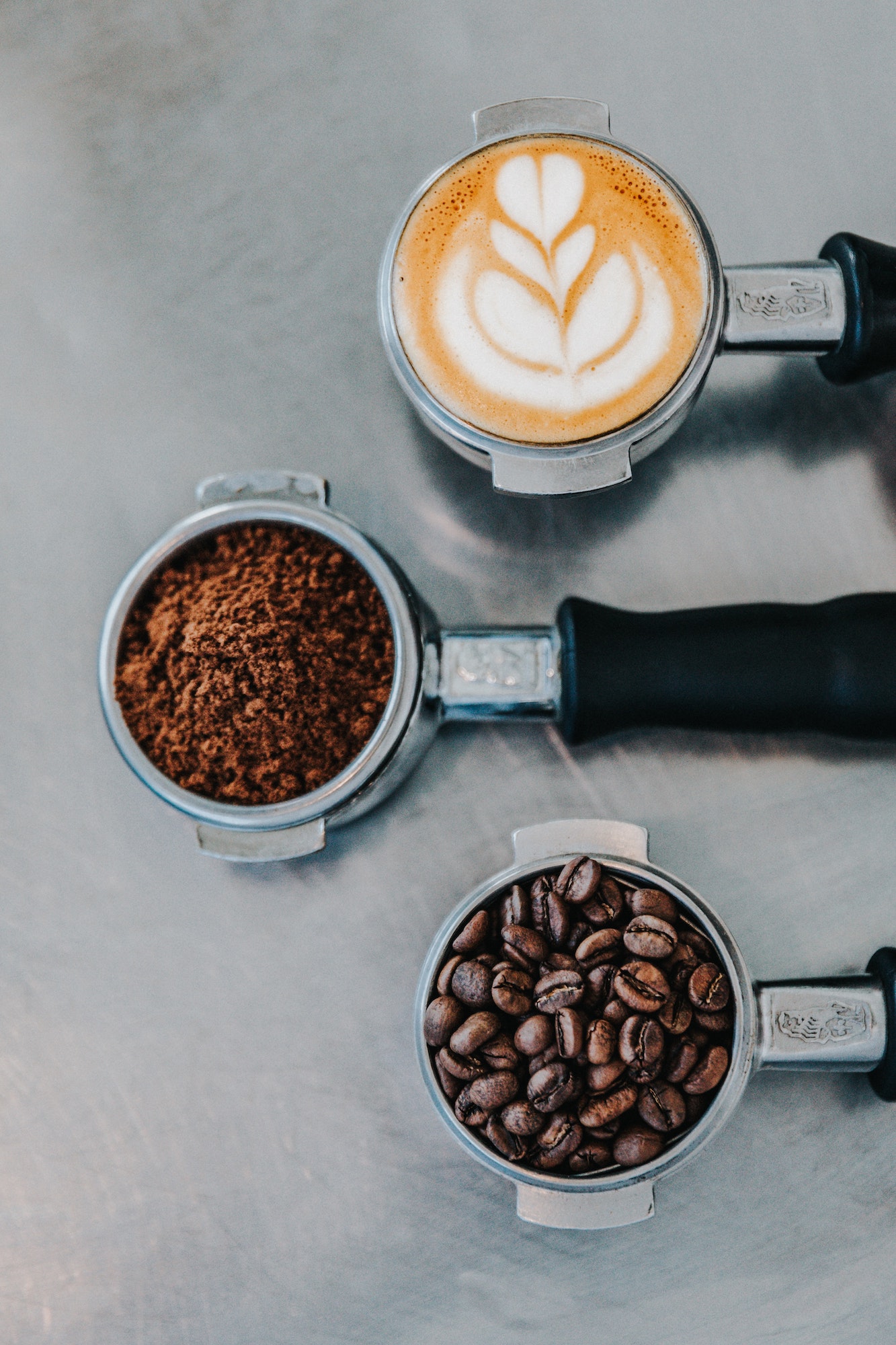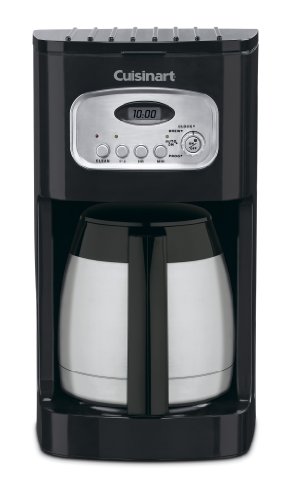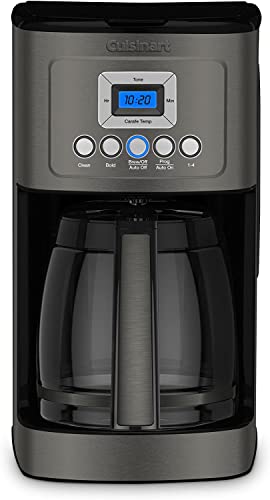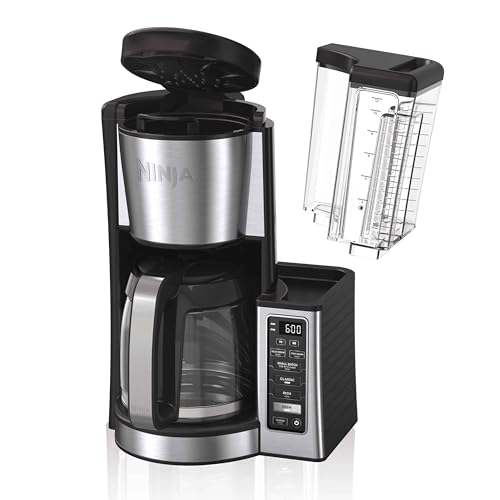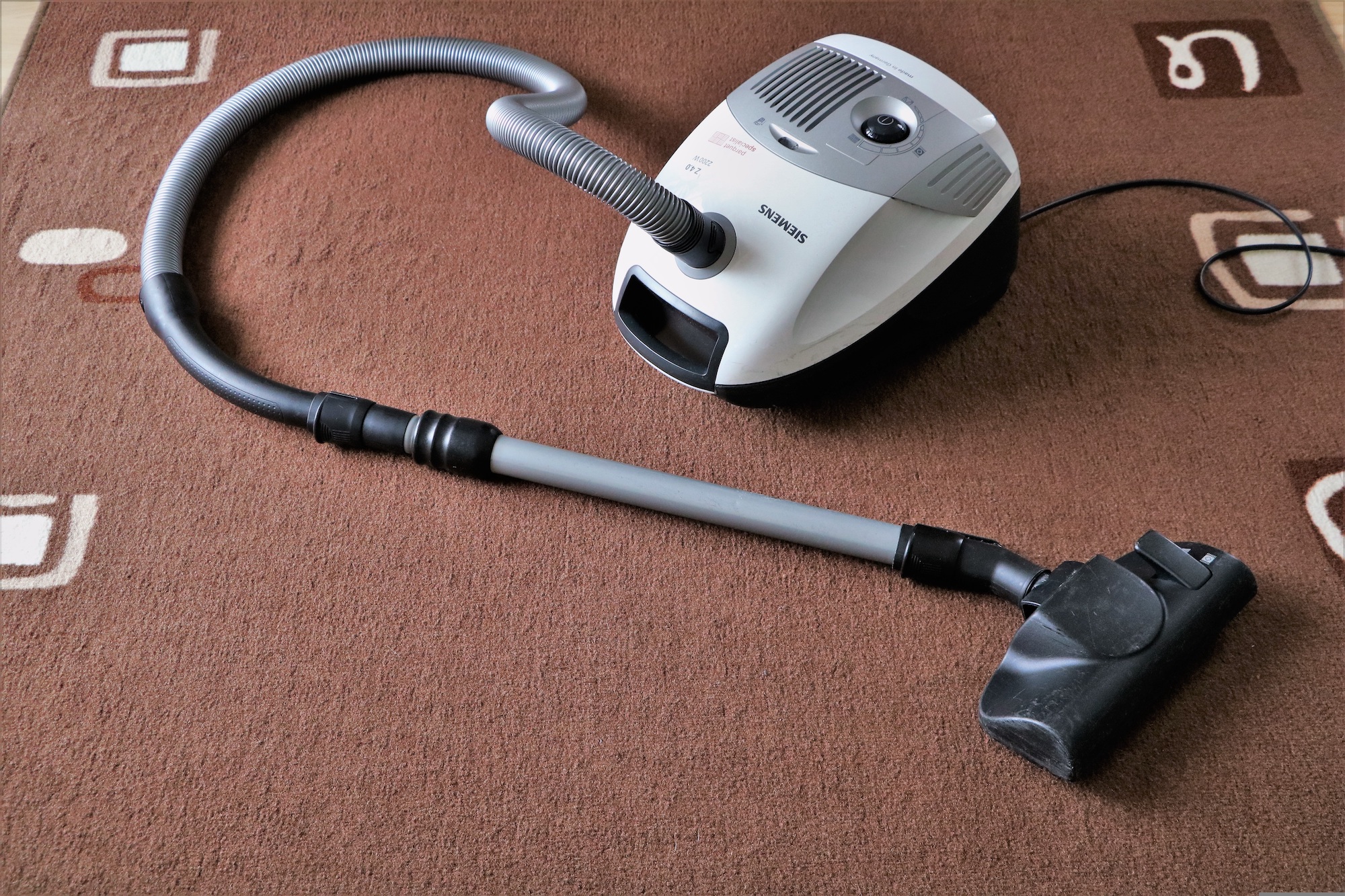Coffee is more than just a morning pick-me-up. Coffee has been shown to offer a wide range of health benefits, including reducing the risk of stroke, protecting against Parkinson’s disease, and lowering the risk of cancer. Coffee also contains essential nutrients, such as vitamin B2, potassium, and magnesium.
In addition to the health benefits, coffee can also improve your mood and cognitive function. So if you’re looking for a boost in energy and productivity, coffee may be the answer.
Of course, it’s important to remember that coffee should be consumed in moderation. Too much caffeine can lead to jitters and anxiety. So start with one cup per day and see how your body responds.
Top 10 Coffee Makers
The Health Benefits Of Coffee
Coffee has long been praised for its potential health benefits. And, according to some studies, coffee may even help you live longer. So what are the health benefits of coffee? Here are our top 10 benefits of coffee:
1. Coffee can help you focus and be more productive.
Coffee can help improve your focus and make you more productive. Caffeine helps to improve alertness and cognitive function. If you are looking for a way to improve your productivity, coffee may be a helpful option. The caffeine in coffee can help to increase alertness and improve cognitive function.
2. Coffee can improve your physical performance.
Coffee has caffeine, which is a natural stimulant. Caffeine can increase your heart rate and make you feel more alert. It can also improve your reaction time and mental sharpness.So if you’re looking for a little boost before your next workout, reach for a cup of coffee! J
3. Coffee can help burn fat and improve metabolism.
Coffee contains caffeine, which is known to increase thermogenesis – the body’s production of heat. This, in turn, can help burn calories and promote weight loss. Coffee also helps to improve metabolism, making it easier for the body to break down fats and sugars. So, if you’re looking to lose weight or improve your metabolism, coffee may be a helpful addition to your diet.
4. Coffee is a good source of antioxidants.
Antioxidants are substances that protect cells from damage caused by unstable molecules known as free radicals. Free radicals are produced when the body breaks down food or is exposed to tobacco smoke and radiation. antioxidants can also be found in certain foods, such as fruits, vegetables, and whole grains.
Coffee is a rich source of antioxidants, which may help prevent cell damage and reduce your risk of some chronic diseases, such as heart disease and cancer. In fact, coffee has more antioxidants than most other commonly consumed beverages, including green tea, black tea, and fruit juices.
What’s more, the antioxidants in coffee may have various health benefits. For instance, they may help reduce inflammation, improve brain function, and lower your risk of type 2 diabetes.
5. Coffee can lower the risk of death from cardiovascular disease.
Coffee can lower the risk of death from cardiovascular disease. Coffee consumption is associated with a lower risk of death from cardiovascular disease, according to a new study published in the journal Circulation. The study’s authors say that this is the first time that coffee has been shown to have a protective effect against cardiovascular disease mortality.
The study looked at data from more than half a million people in 10 European countries. Coffee drinkers had a lower risk of death from all causes, including cardiovascular disease, compared to non-coffee drinkers. The researchers say that coffee’s protective effect against cardiovascular disease mortality may be due to its antioxidants and anti-inflammatory properties.
So, if you’re looking for another reason to enjoy your cup of joe, add this one to the list! Coffee may help you live longer and lower your risk of death from cardiovascular disease.
6. Coffee can reduce the risk of stroke.
Coffee may help to reduce the risk of stroke, according to a new study. The findings, published in the journal Stroke, suggest that coffee consumption is associated with a lower risk of stroke.
The study followed more than 100,000 people over a period of 20 years. The participants were asked about their coffee consumption habits and health status. The researchers found that those who drank one or two cups of coffee per day had a lower risk of stroke than those who didn’t drink coffee at all.
7. Coffee can reduce the risk of Parkinson’s disease.
Coffee consumption has been linked with a lower risk of Parkinson’s disease, and this latest study provides more evidence of a protective effect. The research found that people who drink coffee have a lower risk of developing Parkinson’s disease, and the more coffee they drink, the lower the risk.
The study looked at data from more than 500,000 people in 10 European countries, and found that those who drank three cups of coffee a day had a significantly lower risk of developing Parkinson’s disease than those who didn’t drink any coffee.
This is not the first study to suggest that coffee may have health benefits. Coffee has been linked with a lower risk of death from all causes, as well as a lower risk of cardiovascular disease, stroke, and diabetes.
8. Coffee can protect your cognitive function as you age.
Coffee can be good for your cognitive function as you age. A new study has found that coffee consumption can help to improve memory and thinking skills in older adults.
The study, which was conducted by research team at the University of South Australia, involved a group of over-65s who were asked to drink either instant coffee or no coffee at all for four weeks. The participants were then tested on their memory, attention and thinking skills.
The results showed that those who had drunk the instant coffee had significantly better scores on the tests than those who hadn’t had any coffee. The researchers believe that the caffeine in coffee may be responsible for the improved cognitive performance.
9. Coffee may decrease your risk of developing certain types of cancer, such as ovarian cancer and melanoma skin cancer.
Coffee may decrease your risk of developing certain types of cancer, such as ovarian cancer and melanoma skin cancer. Coffee contains antioxidants which can neutralize harmful byproducts produced during cellular metabolism. These byproducts, known as free radicals, can damage DNA and lead to the development of cancer. Coffee’s antioxidants may also help repair damaged DNA. In addition, coffee may promote healthy cell growth and death, two processes that can help prevent the development of cancer.
10. Drinking coffee may help you live longer.
According to a new study, drinking coffee may help you live longer. The study, which was published in the New England Journal of Medicine, followed more than 500,000 people for a period of 10 years.
The researchers found that those who drank one cup of coffee per day had a 12% lower risk of death than those who didn’t drink any coffee. Drinking two or three cups of coffee per day was even better, with a 18% lower risk of death.
Of course, this doesn’t mean that you should start drinking coffee if you don’t already. But if you’re a coffee lover, then you can rest assured that your habit is probably doing more good than harm.
The Nutritional Value Of Coffee
In addition to being a good source of antioxidants, coffee also contains essential nutrients like vitamin B2, potassium, and magnesium. So if you’re looking for a way to improve your health, coffee may be the answer. Just remember to drink it in moderation. too much caffeine can lead to jitters and anxiety. So start with one cup per day and see how your body responds.
Can Coffee improve mood and cognitive function?
Not only is coffee good for your physical health, but it can also improve your mood and cognitive function. So if you’re looking for a way to boost your energy and productivity, coffee may be the answer. Just remember to drink it in moderation.
Many people rely on coffee to help them wake up and get going in the morning. Studies have shown that coffee can improve mood and cognitive function in a number of ways. For example, one study found that coffee can increase alertness and attention, while another found that it can improve memory recall.
So, if you’re looking for a way to boost your mood or cognitive function, reach for a cup of coffee! Just be sure to limit your intake to no more than 3-4 cups per day.
Is Coffee Good For Your Skin?
There is no denying that coffee is one of the most popular beverages in the world. Not only does it taste great, but it can also give you a much-needed energy boost. But what about coffee and your skin? Is coffee good for your skin?
The short answer is yes, coffee is good for your skin. Coffee beans are packed with antioxidants, which can help to protect your skin from damage caused by free radicals. Free radicals are unstable molecules that can cause cell damage, and they’re one of the main culprits behind premature aging.
In addition to its antioxidant properties, coffee can also help to improve circulation and increase blood flow to the skin. This can help to give your skin a healthy glow.
So, if you’re looking for a way to improve your skin health, consider adding coffee to your beauty routine. You can use coffee grounds as a scrub or make a homemade coffee mask. Just be sure to drink plenty of water and use sunscreen when spending time outdoors, as coffee can make your skin more sensitive to the sun.
Which Coffee Is Healthy?
There are many different types of coffee, and each has its own unique health benefits. Some coffees are rich in antioxidants, while others have been shown to improve brain function. So, which coffee is the healthiest?
Here is a look at some of the most popular types of coffee and their health benefits:
–Black Coffee: Black coffee is a great source of antioxidants, which can help to protect your cells from damage. It also contains caffeine, which can improve brain function and increase alertness.
-Green Coffee: Green coffee beans are unroasted, and they contain a higher level of chlorogenic acid than roasted beans. This compound has been shown to boost metabolism and help with weight loss. Green coffee is also a good source of antioxidants.
-Decaf Coffee: Decaf coffee is a good option for those who want to avoid the caffeine but still enjoy the flavor of coffee. It has been shown to provide some health benefits, including reducing inflammation and improving brain function.
So, which coffee is the healthiest? It really depends on your individual needs and preferences. If you are looking for an antioxidant-rich coffee, black or green coffee may be a good choice. If you are seeking a coffee that can help with weight loss, green coffee may be a better option. And if you want to avoid caffeine but still enjoy the flavor of coffee, decaf may be the best choice for you.
Is Tea Better Than Coffee?
There are many debates over which is better – tea or coffee. Both have their own merits, but there are some key differences that may sway your decision. Here’s a look at the pros and cons of each beverage:
Tea:
– Is packed with antioxidants
– Can improve brain function
– May lower the risk of heart disease
– Is hydrating
Coffee:
– Is a good source of caffeine
– Can improve physical performance
– May protect against Parkinson’s disease
– Is linked to a lower risk of death
So, what’s the verdict? Ultimately, it comes down to personal preference. If you’re looking for a healthy beverage option, tea is a great choice. If you’re looking for a beverage to give you a boost of energy, coffee is your best bet.
The Bottom Line on the Health Benefits of Coffee
Coffee is a delicious and versatile beverage that can offer a wide range of health benefits. From reducing the risk of stroke to protecting against Parkinson’s disease, coffee has numerous health benefits. In addition to the health benefits, coffee can also improve your mood and cognitive function.
So if you’re looking for a way to boost your energy and productivity, coffee may be the answer. Just remember to drink it in moderation. Too much caffeine can lead to jitters and anxiety, so it’s important to drink coffee in moderation. Start with one cup per day and see how your body responds. If you find that you’re feeling anxious or jittery, cut back on the amount of coffee you’re drinking.
